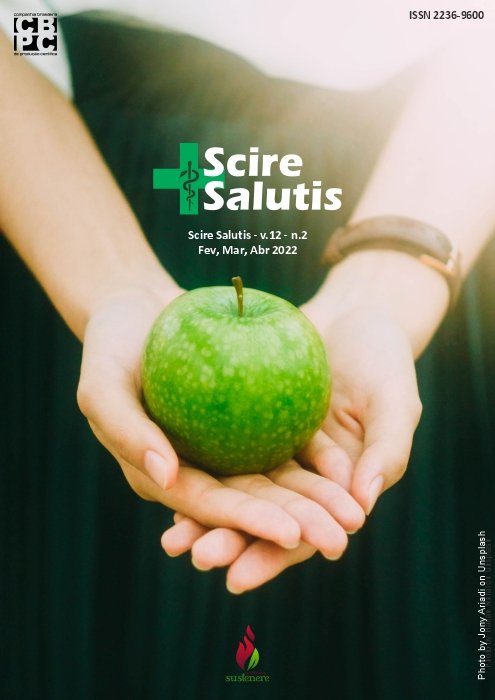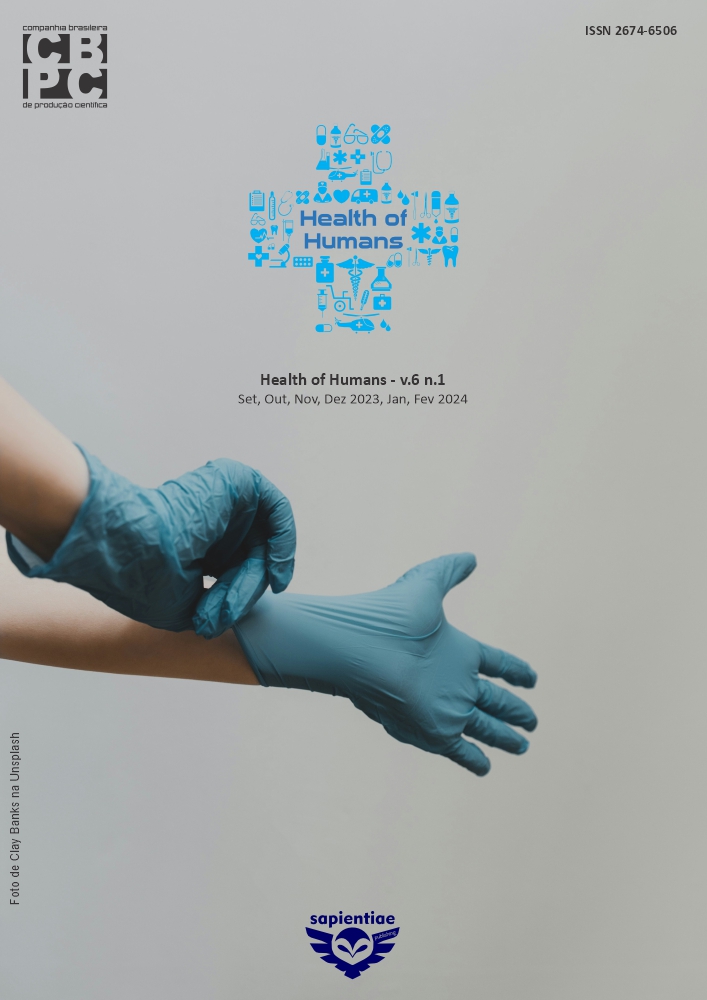Problem-based learning: perception of medical students in contact with the patient.
DOI:
https://doi.org/10.6008/CBPC2236-9600.2022.002.0022Keywords:
Medical Students, Medical Education, Problem-Based Learning, Doctor-patient relationshipAbstract
The medical course provides the student with psychological and cognitive experiences, which can generate suffering, embarrassment and embarrassment. Active teaching and learning methodologies propose humanization during graduation. The objective: to identify the perceptions of students from a medical course with problem-based learning, regarding their psychological preparation, their experiences with the patient's suffering and situations of embarrassment and embarrassment. Prospective, longitudinal study, carried out with 219 students of a medical course based on the PBL methodology during graduation. Semi-structured questionnaires were used according to the periods in which they were found. Data were evaluated by descriptive analysis, bivariate and Pearson's chi-square test and by categorical content analysis. Significance level of 0.05. From the 572 returned questionnaires, 1096 responses were obtained, being analyzed three categories: regarding the psychological preparation of the student towards the patient; student involvement with the patient's suffering and student experiences in embarrassing and embarrassing situations. Students reported attitudes/behaviours in face of their experiences at graduation, as well as their preparation and/or psychological unpreparedness in the face of embarrassing and embarrassing situations experienced with the patient. Activities with the community, communication skills and clinics that made up the curriculum of the course, contributed to the student's learning and support with the patient. Conclusion: problem-based learning allows the student to experience the medical routine and a psychological and cognitive experience, in a continuous and progressive way, during their graduation. The students noticed some difficulties with the teaching model, in the relationship with patients and created possibilities in view of their needs and practical experiences.
Downloads
Downloads
Published
Issue
Section
License
Copyright (c) 2022 Scire Salutis

This work is licensed under a Creative Commons Attribution-NonCommercial-NoDerivatives 4.0 International License.
The CBPC - Companhia Brasileira de Produção Científica (Brazil CNPJ: 11.221.422/0001-03) the material rights of the published works. The rights relate to the publication of the work anywhere in the world, including rights to renewals, expansions and dissemination of the contribution, as well as other subsidiary rights. All electronically published works may subsequently be published in printed collections under the coordination of this company and / or its partners. The authors preserve the copyright, but are not allowed to publish the contribution in another medium, printed or digital, in Portuguese or in translation.








